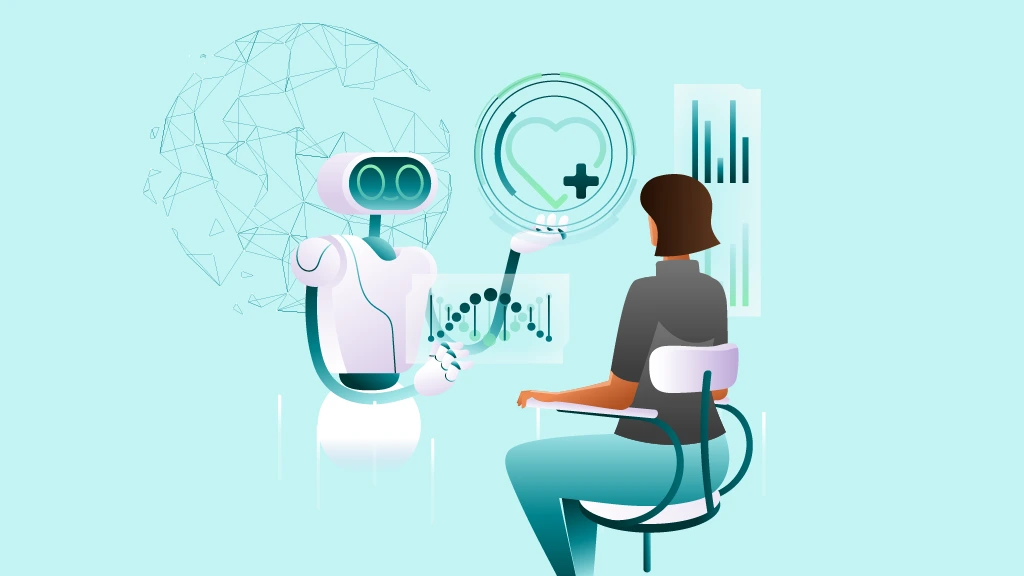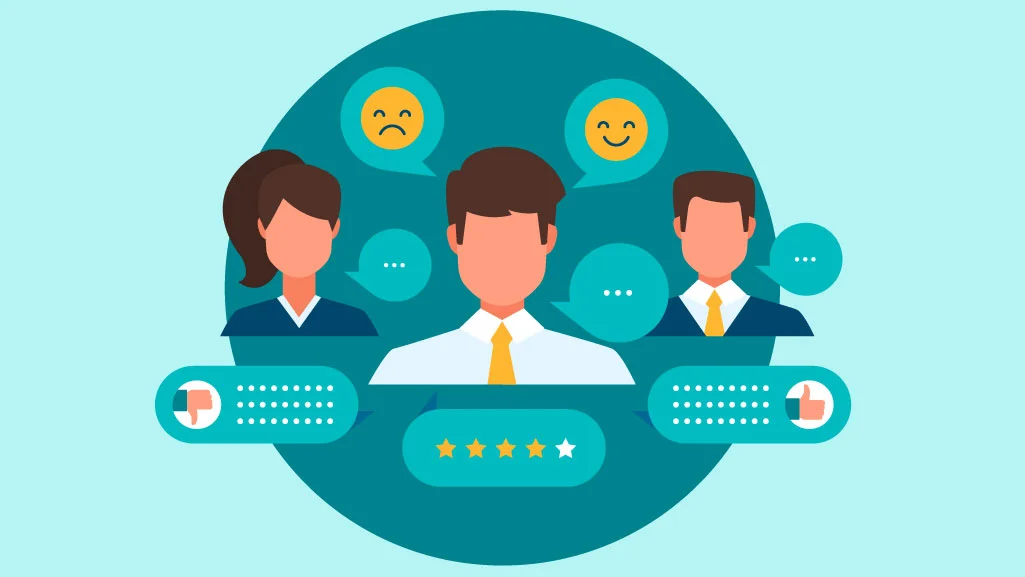8 Inclusive Design Practices for Elevating the Neurodivergent Employee Experience

Team AdvantageClub.ai
November 18, 2025

8 Inclusive Design Practices for Elevating the Neurodivergent Employee Experience
1. Redefine Inclusion Through Neurodiversity Awareness
- Embed neurodiversity awareness into communication training, leadership coaching, and policies, so cognitive diversity support becomes part of how you operate, not something “extra.”
- Create employee networks or ERGs where neurodivergent individuals can safely share experiences and advocate for themselves.
- Recognize strengths such as deep focus, pattern recognition, visual reasoning, and creative problem-solving as valuable contributions.
2. Personalize Recognition to Reflect Cognitive Strengths
- Learn how each employee prefers to receive appreciation (written, verbal, private, group-based).
- Keep recognition flowing in real time, through peer-to-peer appreciation rather than waiting for formal review cycles.
- Celebrate effort, creativity, perseverance, and new ways of thinking, not just the final measurable result.
Autonomous reward allocation through Agentic AI enables employees and managers to recognize others with a simple conversational request, reducing friction and boosting participation. Personalized recognition signals to employees that they are seen and understood.
3. Build an Autism-Friendly Workplace Environment
- Offer quiet zones, noise-dampened areas, or flexible seating for sensory comfort.
- Choose natural lighting, gentle color palettes, and minimize overstimulation.
- Use structured workflows, visual task boards, or predictable daily routines.
4. Offer Flexible Communication and Collaboration Styles
- Ask employees whether they prefer written updates or spoken discussions; synchronous or asynchronous collaboration.
- Normalize clear meeting agendas, shared notes, and time to reflect before responding.
- Practice preference learning, managers adapt to how their team members communicate best.
5. Rethink Rewards with Personalization
Neurodivergent employees often form deep connections to meaningful gestures not generic gift cards or corporate swag. Rewards mean more when they feel personal with neurodivergent-friendly recognition strategies.
- Offer personalized and flexible rewards for cognitive difference, from focused work time to wellness days or creative resources.
- Recognize “how” someone worked, their problem-solving strategy, persistence, or originality, not just deliverables.
- Encourage cross-team recognition so people are appreciated beyond their immediate circle.
Let Agentic AI handle instant reward redemption, remembering brand and benefit preferences so employees don’t need to browse or compare. Future-proofing employee recognition programs help neurodivergent employees feel genuinely valued and included.
6. Enable Role-Specific Flexibility for ADHD and Dyslexia
- Support time-blocking, focus aids, and structured workflow planning.
- Offer adaptive digital interfaces (text-to-speech, dyslexia-friendly fonts, color contrast support).
- Allow flexible pacing, short bursts for ideation and quiet stretches for deep work.
Recognition timing can also be adapted using AI recognition platforms, sending appreciation nudges at the right moment, when the effort is happening, not long after.
7. Use Inclusive Metrics to Measure Engagement, Not Conformity
- Use sentiment-based and behavioral indicators instead of generic survey scores.
- Track collaboration, idea-sharing, and peer-appreciation patterns.
- Apply human-centric analytics to understand what actually drives well-being.
8. Create Safe Feedback Loops for Continuous Inclusion
- Provide anonymous, open feedback channels to capture honest experiences.
- Recognize employees who contribute solutions that improve inclusion.
- Co-design neuroinclusive policies with those who live the experience, not just leadership.
Designing With Empathy for the Workforce Ahead
By integrating a people-first rewards and recognition approach, AdvantageClub.ai empowers HR teams to turn empathy into engagement and inclusivity into everyday culture.





